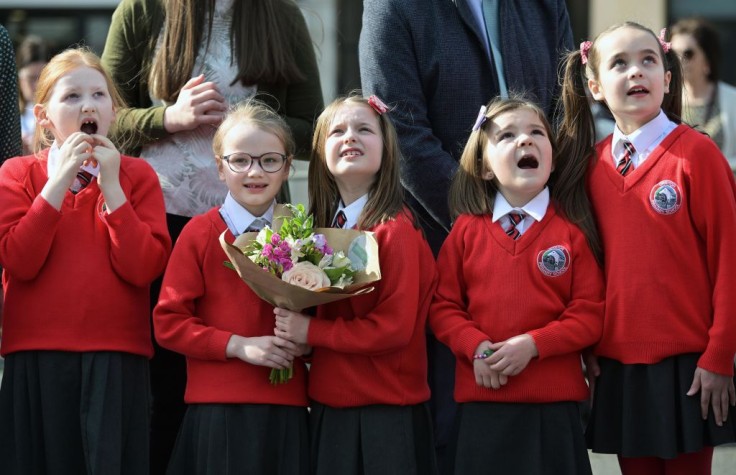
Concerning numbers have emerged from a survey commissioned by vision care company HOYA Lens UK and Ireland. The study shows that the average child spends more than 4.5 hours per day on electrical devices and only 40 minutes on outdoor activities.
Those figures are alarming as children now spend more than a third of their time looking at screens, and just 6 percent outside, if we base this on a 12-hour day. The survey was conducted on 1,500 parents of children aged six to 16.
According to the Mirror, the study showed that 63 percent of parents found it hard to get their child to go outdoors sometimes. Twenty-two percent of those parents felt "sad" when their children wanted constant screen time instead. More than two-thirds of the parents surveyed (68 percent) believed their youngsters are "addicted to screens," with seven in 10 parents eager to get their kids outside more.
Spending time outdoors can delay the onset of short-sightedness among kids
The poll discovered that 59 percent of parents are unaware that time spent outside can delay the onset of myopia, also known as short-sightedness, in their children.
Professor Kathryn J Saunders, the optometry division head at Ulster University, said that she suspects most parents struggle to reconcile the benefits of using digital devices for their kids' learning against the concerns over their children becoming addicted to screens.
Saunders added that the behaviors children undertake now promote myopia and encourage short-sightedness to occur at a much earlier age than previous generations, not only in the United Kingdom but also in other countries where studies regarding this matter have been carried out.
Saunders also said that parents getting their children outside more regularly during daylight hours has an added benefit as this will help them promote a healthy visual diet to their kids. Saunders told the Scottish Sun that not only will their children be in an environment that has been proven to delay the onset of myopia, this will also lessen their addiction to screens which parents are so concerned about nowadays.
Read Also : Maternity Care Deserts a Major Problem for More Than 2 Million Women in the United States
Majority of parents concerned with their kids' eyesight
The survey also showed that seven in ten parents believe this increase in technology use among their children is here to stay, with the average child aged six to 16 spending at least two hours a day more inside than before the COVID-19 pandemic.
Nearly two-thirds (63 percent) of parents are worried about the length of time their kids spend indoors, with 75 percent of parents admitting they are conscious about protecting their youngster's eyesight. The study that OnePoll carried out went on to show that 90 percent of parents try to limit their kids' screen time, but nearly half (49 percent) find it hard to implement.
Parents may be concerned with their children's eyesight being affected by their addiction to electrical devices, but they still believe there are plenty of benefits to this technology. Seven in 10 parents believe it helps their children improve their education, creativity, and keeping in touch with friends and family.
According to Optician, Hoya Lens UK has launched resources in the UK and Ireland to help eye care professionals engage with schools and educate kids about their eye health.